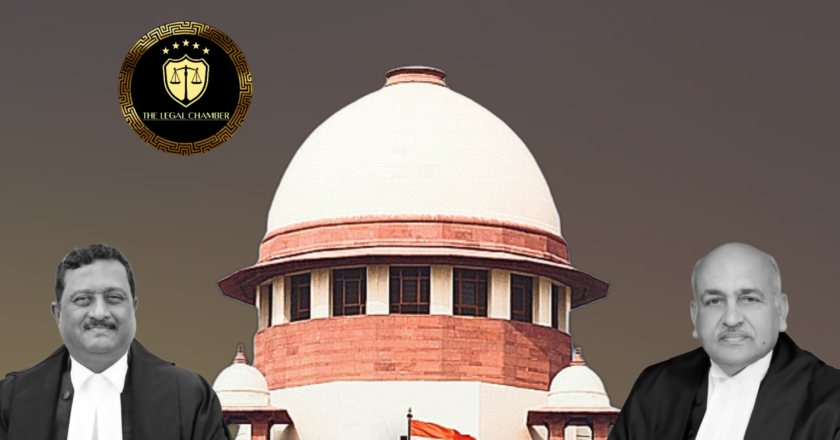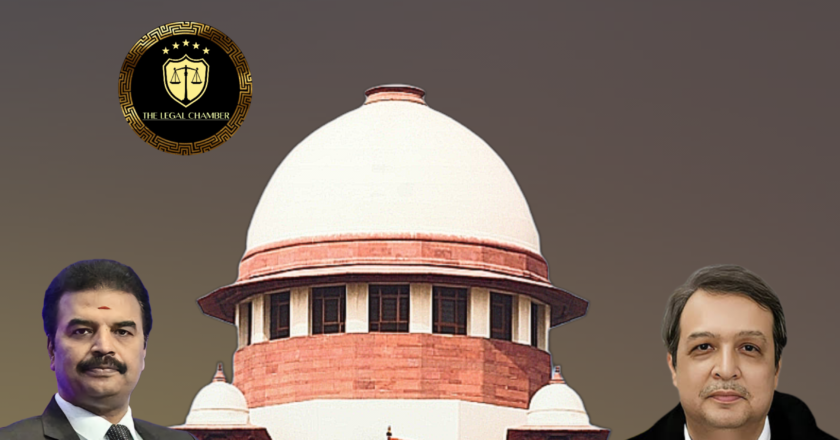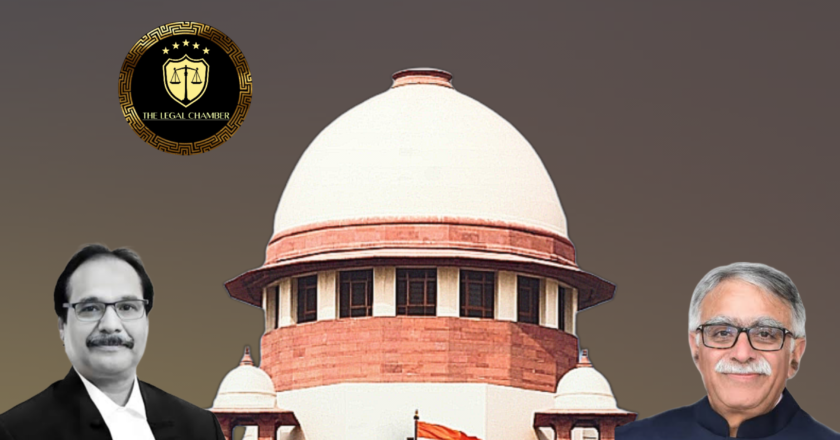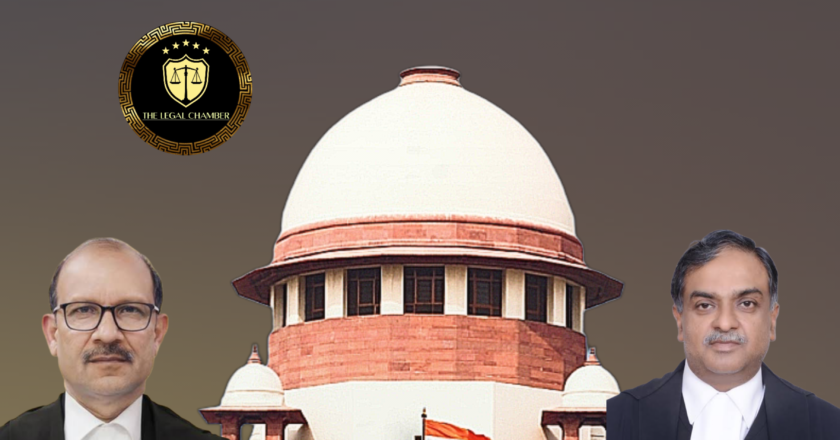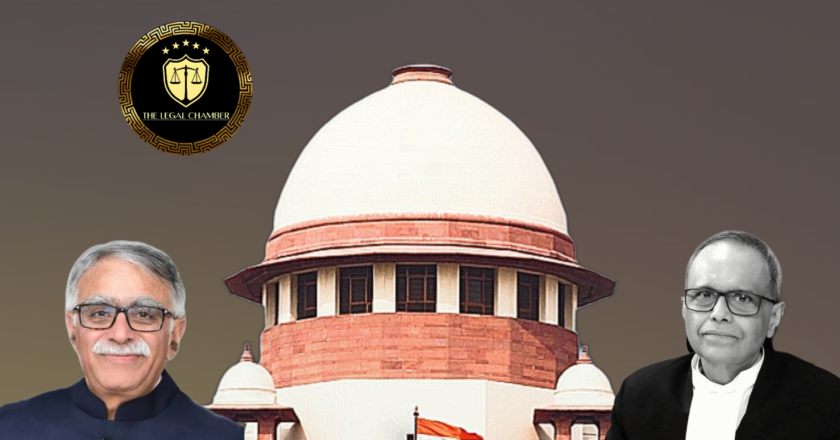Supreme Court Shields Minors’ Property Rights Against Unauthorized Guardian Sales
The Supreme Court ruled that a sale of a minor's property by a natural guardian without court permission is voidable. The minor, upon attaining majority, can repudiate this transaction not only by filing a suit but also through unequivocal conduct, such as executing a fresh sale deed, within the prescribed period of limitation.
Facts Of The Case:
The case revolves around Plot No. 57, originally owned by three minor sons of Rudrappa. In 1971, their father and natural guardian, Rudrappa, sold this plot to Krishnoji Rao through a registered sale deed without obtaining prior permission from the court. Later, in 1993, Krishnoji Rao sold the same plot to Smt. K. Neelamma. Meanwhile, after the minors attained majority, they, along with their mother, sold the very same Plot No. 57 to K.S. Shivap...
